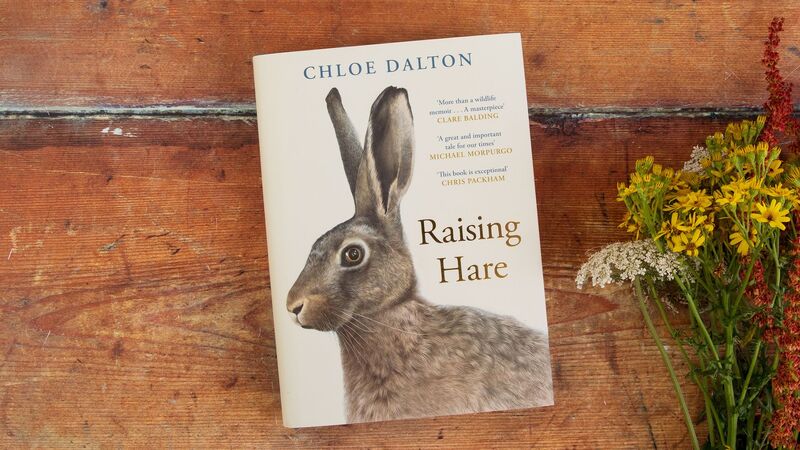You are viewing your 1 free article this month. Login to read more articles.
HarperCollins scoops major new history of war by historian Roberts and General Petraeus
HarperCollins has scooped a major new history of war by historian Andrew Roberts and General David Petraeus, former commander of the US-led coalition in Iraq and Afghanistan and former director of the CIA.
Jonathan Jao, Harper vice-president and executive editor, acquired North American rights to Conflict from Georgina Capel at Georgina Capel Associates. Arabella Pike, publishing director for UK imprint William Collins, acquired UK and Commonwealth rights in a co-publication deal. It will publish in autumn 2023.
In Conflict, Roberts and Petraeus unite their different areas of expertise to explain how warfare has changed since the Second World War, how statesmen and generals alike have adapted to new weapon systems, theories and strategies, and how campaigns such as the Malayan Emergency, the Arab-Israeli wars, Korea, Vietnam, the Falklands War, the two Gulf Wars, the Balkan wars in former Yugoslavia, and both the Soviet and Coalition wars in Afghanistan offer historical analogies for what victory can look like if the correct military doctrine is adhered to successfully.
They will assess the current theatre of war in Ukraine, reflecting on the lessons of recent military conflicts that Putin ought to have learned and analyse how not putting them into practice has led to profound strategic and tactical problems in Russia’s invasion.
Pike said: “Roberts’ skills as a bestselling historian and Petraeus’ vast experience as both battlefield commander and unrivalled strategist combine to make Conflict a landmark contribution to global military history. As we try to make sense of today’s increasingly perilous world, this sparkling but unflinching look at the lessons of warfare since the end of the Second World War could not be more timely.”
Roberts added: “David Petraeus is the personification of the soldier scholar, with his PhD from Princeton and distinguished teaching posts, but he hasn’t published a book yet about his own experiences of the highest of commands of the widest of coalitions through the longest of recent wars. As he and I try to put the Russo-Ukrainian war into its proper historical perspective and offer implications for the future, we range over the past three-quarters of a century to find similarities and differences with earlier wars, with results that I believe readers will find provocative, thought-provoking and – due to David’s five combat commands – incredibly insightful.”
Petraeus said: “It is a great privilege – and a great pleasure – to collaborate with Andrew Roberts, one of the world’s foremost historians and biographers, on an examination of past and current conflicts and on the implications of those conflicts for the future of warfare.”



















